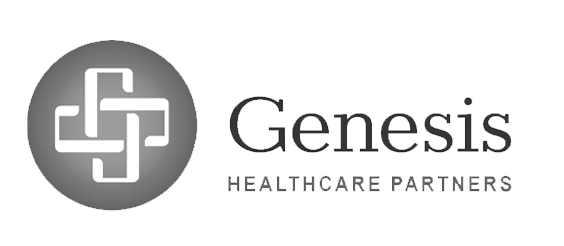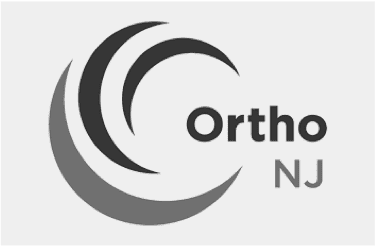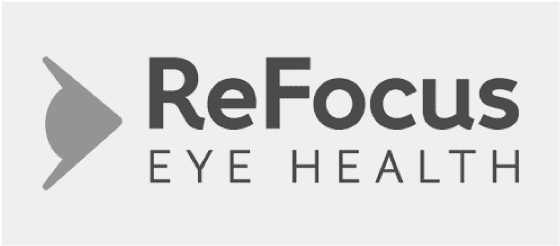EVERY SURGERY COUNTS
The surgical orchestration platform that maximizes surgical throughput & revenue
LEADING PRACTICES RELY ON US





PROVEN SUCCESS AT SURGICAL PRACTICES NATIONWIDE
With Surgimate, practices have been able to:






Do More of What You Were Trained To Do.

Surgimate has given me the ability to confirm codes from the OR, improving our revenue cycle management.
Dr. Nicholos Grosso | President & Orthopaedic Surgeon
The Centers for Advanced Orthopaedics. Columbia, MD
Maximize your time in the OR
Surgimate helps you maximize your surgery business. By clearing out the clutter, we help your teams schedule more of the patient candidates you recommend for procedural care. And once those patients are on the books, our powerful project management tools ensure avoidable cancellations are a thing of the past.
Prevent last minute cancellations
With all pre-surgery requirements carefully tracked on our platform, surgeries booked with Surgimate stay booked, so you can focus on the patient and the upcoming procedure.
Communicate codes & changes post-op
Our HIPAA-compliant mobile app not only gives you access to all surgical details on the go, it also enables you to send post-op information to the back-office and confirm codes on-the-go. Get instant notifications about upcoming surgeries so you’re always in the loop, even when you’re out of the office.
Increase Surgery Conversion
Unlock the potential of surgery conversion by enabling your team to execute all necessary steps to get every patient scheduled. Empower surgical coordinators to take proactive measures and maximize scheduling success for optimal results.
Your preferences – loaded in seconds
Our platform adapts itself to the way you like to work. It remembers your personal preferences and makes them available to all schedulers, allowing other staff members to get everything right even on days when your regular surgical scheduler isn’t available.
A smooth journey for your patient
From initial consultation through post-op monitoring, Surgimate supports your patient’s journey with a rock solid workflow and timely communication, minimizing the uncertainty and stress around surgery.
Empower Your Team. Accelerate Your Surgery Business.

Surgimate has automated every step of the scheduling process. All patient needs are addressed within minutes of speaking with the patient. The level of care coordination is now unsurpassed, and all data around the surgery is stored in one location.
Jen Purslow | Executive Vice President
The CORE Institute, AZ, MI, FL
A single view of your whole business
Surgimate brings order to the chaos of managing a practice across locations, facilities, and schedules with a bird’s eye perspective of the entire surgical workflow. Drill down for a granular view of all critical points along the patient’s journey to the OR.
Set team KPIs, track performance
Surgimate adds a new layer of transparency and accountability to your operations, letting you monitor individual and team performance in real-time, optimize processes, and intervene quickly when help is needed.
Prevent last minute cancellations
Canceled surgeries trigger a cascade of bad things for your business. Through better tracking, reduced human error, and faster turnaround times, Surgimate reduces cancellations by up to 20%.
Maximize your surgeons’ block timE
Most practice revenue comes from surgeries, yet they spend only 20-40% of their time in the OR. Surgimate increases this percentage by maximizing block time utilization and future time allocation at the facilities you use.
Empower Your Staff To Do More
Because Surgimate reduces the number of tasks required for each surgery, a smaller pool of schedulers can book more surgeries, and you can add surgeons without needing extra support staff. And with each surgeon’s preferences available on the system to the whole team, you no longer need to rely on dedicated schedulers to get it right.
Better patient care, greater customer satisfaction
Surgery can be a harrowing experience for patients. We want to make it as smooth as possible. From initial consultation thru post-op monitoring, Surgimate supports the patient journey with a rock solid workflow and timely communication.
Your job just got a whole lot easier.

Surgimate Practice is the best software KOC has ever invested in. We are thrilled with the Surgimate platform, customer support, and the wonderful partnership we have built with Surgimate
Vanessa Draper | Director at Knoxville
Orthopaedic Clinic
Fewer steps to book each surgery
From initial consultation thru post-op monitoring, Surgimate cuts the number of tedious microtasks you need to complete a surgical booking by up to 50%.
Track all pre-surgery requirements from one screen
Keeping tabs on everything can be a nightmare. Surgimate lets you track everything from clearances to insurance authorizations to surgery status on one screen, and see any outstanding items at a glance.
Farewell, paperwork!
Manually entering the same patient data for each surgery is nuts. Surgimate lets you generate all your forms and docs with a single click, customized to match the needs of patients, facilities and insurance companies – and filled with 100% accuracy.
Schedule more, more quickly
With fewer microtasks to process, you can book surgeries with less hassle in half the time. Freeing you up to care for patients and leave the office on time with everything done.
Manage block times with ease
No more block time juggling. Color coding makes it easy to coordinate multiple blocks in different facilities as well as non-surgical appointments. Filter by surgeon, co-surgeon, PA, facility, or scheduler.
Intuitive to use, easy to master
Surgimate will feel familiar as soon as you start using it. There’s no technology to learn or new workflow to follow. Just do what you’ve always done, but do it smarter and faster.